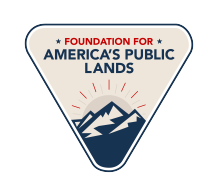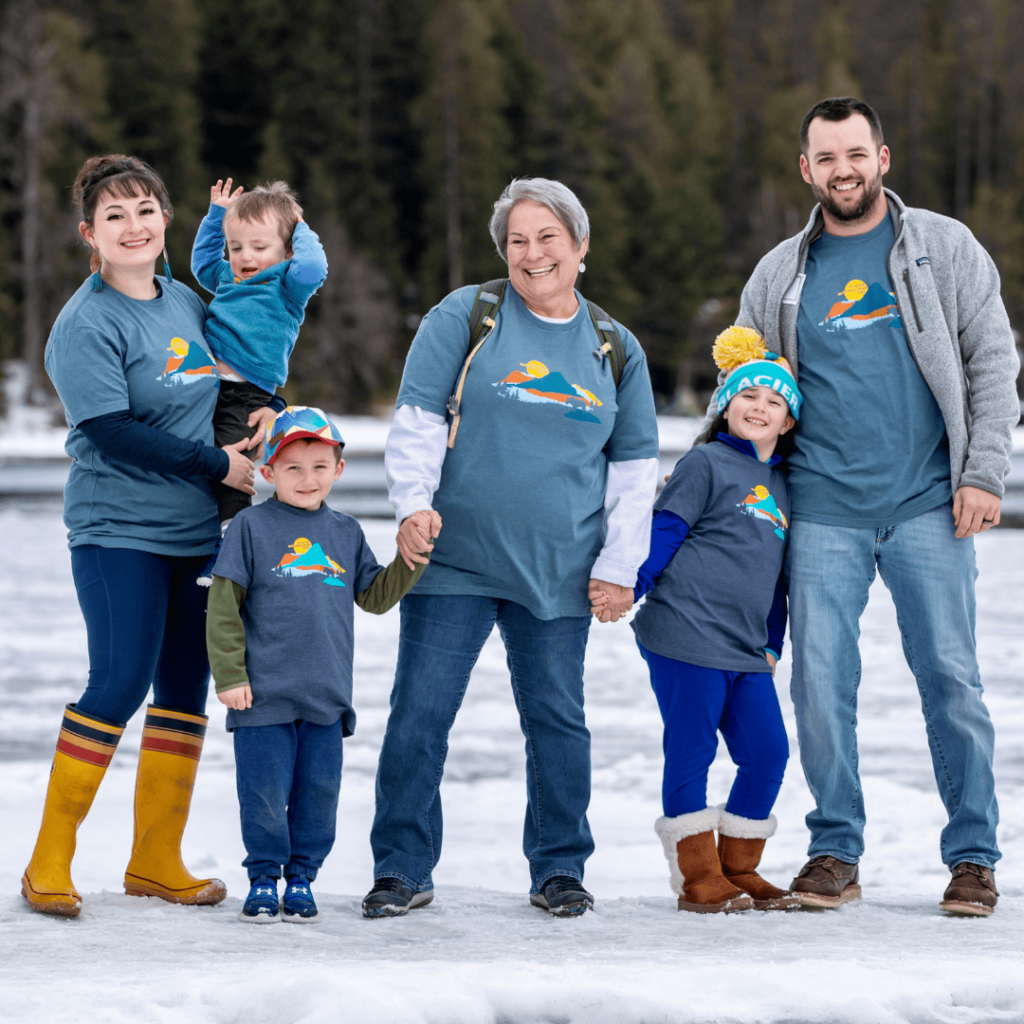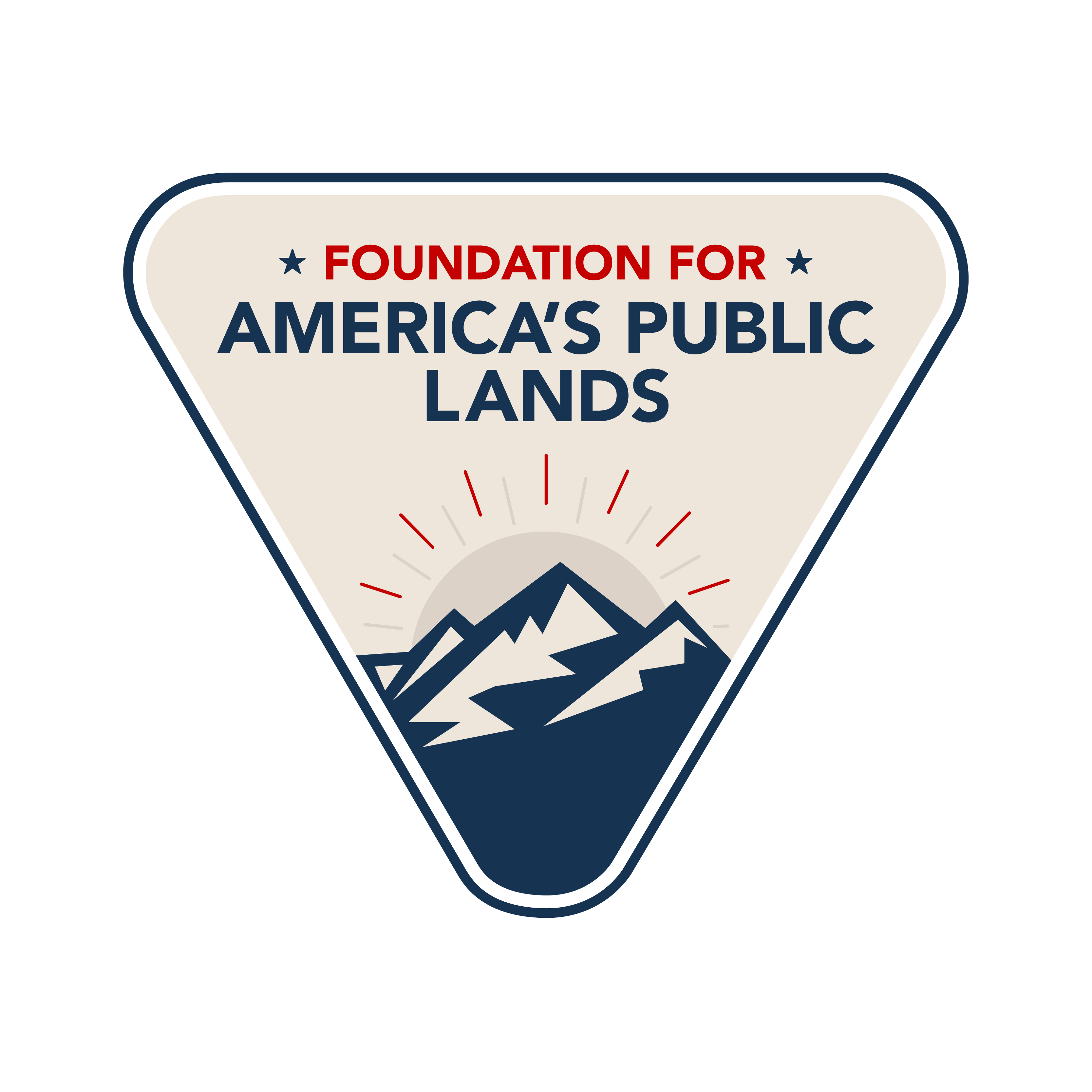Cheryle Zwang
Advisor, Native Nations
The Blackfeet (Amskapi Piikani) call the crest of the mountains in our ancestral home, a portion of which lies in present day Glacier National Park, the “backbone of the world.” Our worldview is that we are integrally connected to the land and the world around us. We are a part of it, not ruler over it. It is a core value I’ve carried with me throughout my 30-year career in public service and in my subsequent non-profit work.
I grew up on the Blackfeet Reservation in Montana. Here, among the surrounding public lands and waters, I gained a deep respect for the spaces that shaped many of my most cherished memories —of hunting and fishing with my dad and four older brothers, and of picking wild berries with my aunts, grandmother, and cousins. These special places are where we recreated, lived, worked, remembered and celebrated the ancestors who came before.
I was drawn to the work of land management agencies like the Bureau of Land Management because I saw an opportunity to bring those teachings and ways of looking at the natural world to the table. With the BLM, I worked with federal land managers to involve Tribal nations to collaborate on balanced and effective approaches to managing public lands and waters.
I have another title that I’m most proud of—grandmother. Seeing firsthand the wonder in my grandchildren’s eyes as they learn and play in the same public lands and waters that I did as a youngster, and that I helped to manage as an adult, is a wonderful reminder of both the value of my public service career and the continuation of those Blackfeet values that sustain me and now sustain them.
Now, in this new chapter as a Strategic Advisor to the Foundation for America’s Public Lands, I’m excited to continue this work. I came out of retirement to join the Foundation because its mission is congruent with my values and relational approach. Together, I know we can achieve great things. When we invest in Tribal communities and recognize the value of the participation of Tribal Nations, public lands and waters benefit, as do all people. By creating a sense of community and fostering open dialogue where diverse voices are lifted up, our work becomes not just more collaborative, but exponentially more meaningful and impactful.
As the Foundation works with communities across the American West, we are committed to involving Tribal communities early in the process and ensuring them a seat and voice at the table throughout. Ultimately, the success of our efforts depends on the strength and longevity of the relationships we build.
Just like those ancestors who came before us on these lands, our homelands, our public lands and waters today are a common thread that connects us to our past, present, and future. I’m excited to play a part in this work and believe through it, the result will be not just the restoration and conservation of these lands for generations to come, but the wonderful potential to expand the understanding of their value and meaning to include Indigenous ways of knowing.


